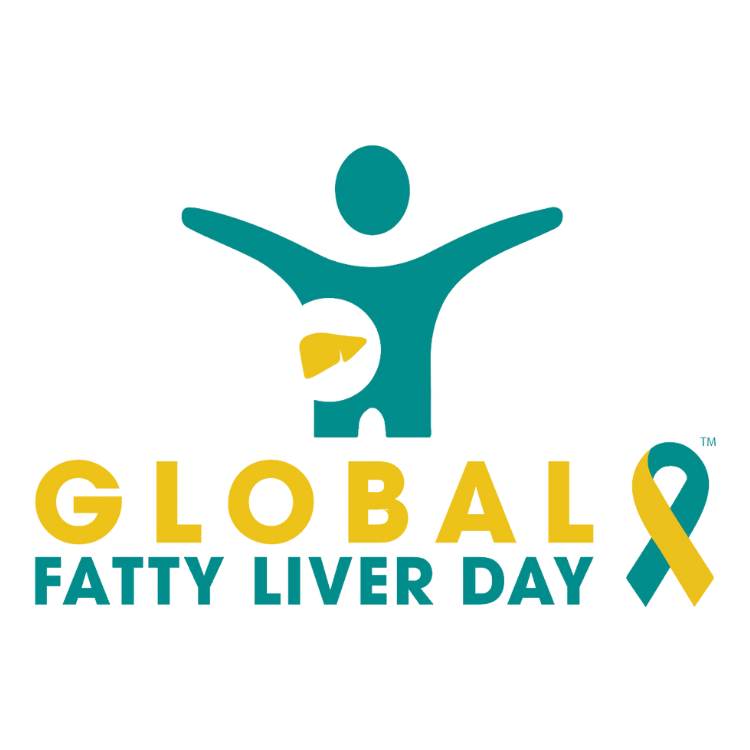Interview with Kimberly Martinez
This month, we interviewed Kimberly Martinez, a 2018 GLI Advanced Advocacy Academy (A3) trainee. Kimberly discovered she had NASH when she lost weight to become a living kidney donor for her older brother, Paul.
If you could change one thing about how the healthcare system treats patients, especially those with liver disease, what would it be?
Early screening for liver problems should be as common as screenings for diabetes. Then, [once] liver problems are diagnosed, education for the patient is pivotal. ...They need to be aware of what stage of liver disease they have [and] what can be done by changing their lifestyle. I believe the liver patient should not only have a gastroenterologist but also be referred to a hepatologist.
I wish I would have been told that cirrhosis could be caused by things other than drinking or drug abuse. I was clueless, and no one told me [that] being heavy my whole life was most likely the reason I developed cirrhosis. I only found out my diagnosis, NASH, from my discharge papers. I found out what NASH was by looking it up on Google. I definitely would have benefitted from point-of-care patient counseling.
What do you most want people to know about your life with liver disease?
My life with liver disease is a triumphant story. I was told I had a terminal disease that would eventually take my life [and] my future. With the help of my incredible support system, my family and friends, and the doctors and nurses from that first night in the ER, to the team at Nazhi Zuhdi Transplant Center, I am forever in their debt. But, without an organ donor, there is no triumphant story to tell. I would not be here without my donor. One of her last wishes on this earth was to save someone’s life. I thank my donor and her family for today and every day.
I am post transplant about two and a half years. I am active, I play volleyball and pickleball, I still attend a Zumba class. I am feeling better than I have for years.
As far as my future, I am not waiting. I am an advocate for others. I hope by sharing my story, I can help someone else avoid getting to the point of transplant or…losing their life to liver disease. [My story] is a worthy legacy to leave. I also would love to be the answer to someone else’s prayer; I am registered to be an organ donor.
